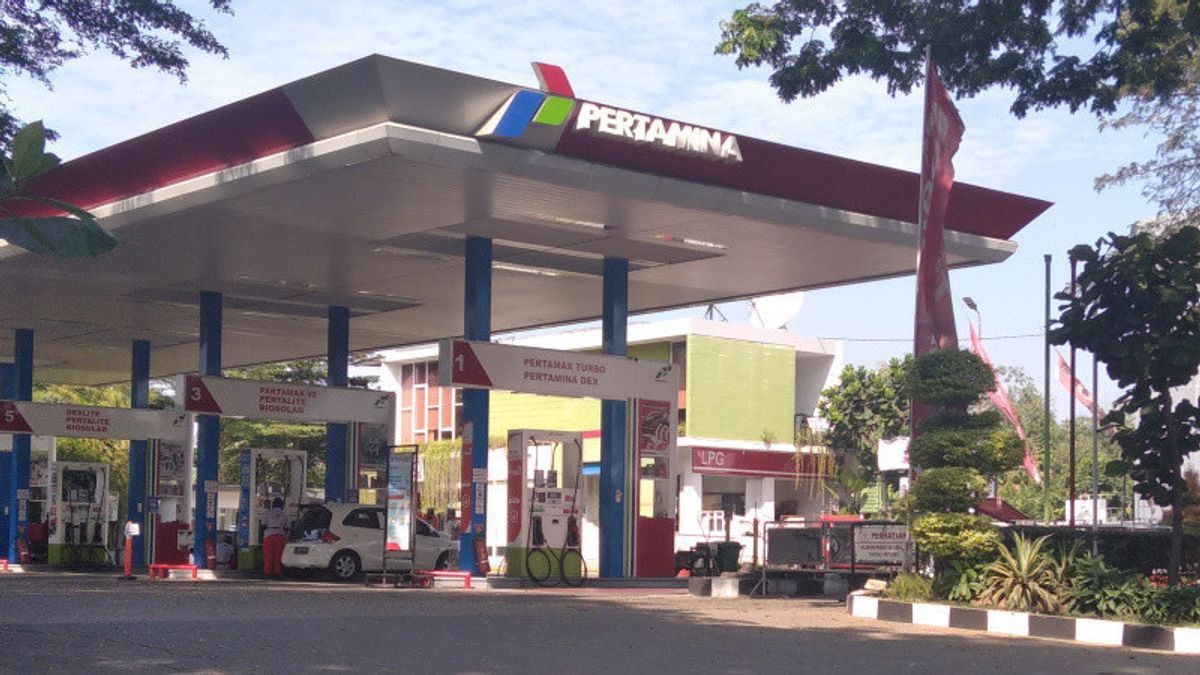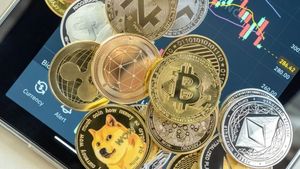YOGYAKARTA The government continues to echo the discourse on an increase in fuel oil prices (BBM). The increase was caused by various things, one of which was the increase in world oil prices which continued to skyrocket. Apart from the pros and cons of the policy on increasing fuel prices, the public needs to know the impact of rising fuel prices which may be taken by the government.
The discourse of increasing fuel prices in Indonesia was triggered by various factors. This was revealed by the Minister of Finance Sri Mulyani on several occasions. The conditions that make the policy of increasing fuel prices should be considered as follows.
Minister of Finance Sri Mulyani revealed that subsidies for fuel are considered to be increasingly burdening the state budget. The subsidy value and compensation disbursed usually only reach approximately Rp. 100 trillion per year.
However, due to the current global dynamics, coupled with the high price of energy commodities, the government used fiscal instruments by disbursing a larger value. The estimated figure that must be issued by the Government is IDR 502 trillion.
The discourse of increasing fuel prices in the country cannot be separated from the fluctuating world oil prices. The government had assumed that crude oil prices would reach US$ 100 per barrel until the end of 2022. However, the price is predicted to continue to rise to the above price of government assumptions.
The increase in world oil prices was exacerbated by the subsidized fuel target that was not right on target. It turns out that there are still high-end people who buy subsidized fuel. In fact, most subsidized fuel is enjoyed by the upper class. This was conveyed by the Minister of Finance Sri Mulyani.
A number of experts have also revealed the impact if the price of fuel oil in Indonesia increases. Here's a summary of the VOI for you, taken from several sources.
Research Director of the Center of Reform on Economics (CORE) Indonesia Piter Abdullah explained that the increase in fuel prices will provoke rising inflation rates in the country.
"This will increase the expectations of rising inflation. Encourage goods to rise," explained Piter Abdullah, citingFinance's seconds.
The same thing was also revealed by energy economist Universitas Gadjah Mada (UGM) Fahmyironi. According to him, if fuel prices increase, inflation can reach 6.2 percent.
"So that current year inflation can reach 6.2 percent yoy (Year Over Year)," he said, quoted from Kompas, Monday, August 29, 2022.
He considered that the amount of inflation would exacerbate people's consumption purchasing power, so that economic growth would also be predicted to decline.
Member of Commission XI DPR RI Achmad Hafisz Thohir assessed that the discourse on increasing fuel prices in Indonesia has the potential to make the economy of people who have not fully recovered fall. In addition, he also assessed that a number of economic projections would be distorted.
Kalau ekonomi berat maka transaksi/perdagangan akan terkontraksi. Kalau kontraksi maka target ekonomi akan tidak tercapai. Kalau target tidak tercapai maka penerimaan negara akan turun (tidak tercapai juga). Sehingga ini menjadikan kenaikan BBM menjadi sia-sia. Upaya yang sia-sia, ujar Hafisz, dikutip dari dpr.go.id.
Although the discourse on increasing fuel prices has been widely heard, until now the Government has not officially taken a decision to reduce fuel subsidies. The public can monitor the discourse on increasing fuel prices and the impact of fuel prices rising through the VOI.ID website.
The English, Chinese, Japanese, Arabic, and French versions are automatically generated by the AI. So there may still be inaccuracies in translating, please always see Indonesian as our main language. (system supported by DigitalSiber.id)













